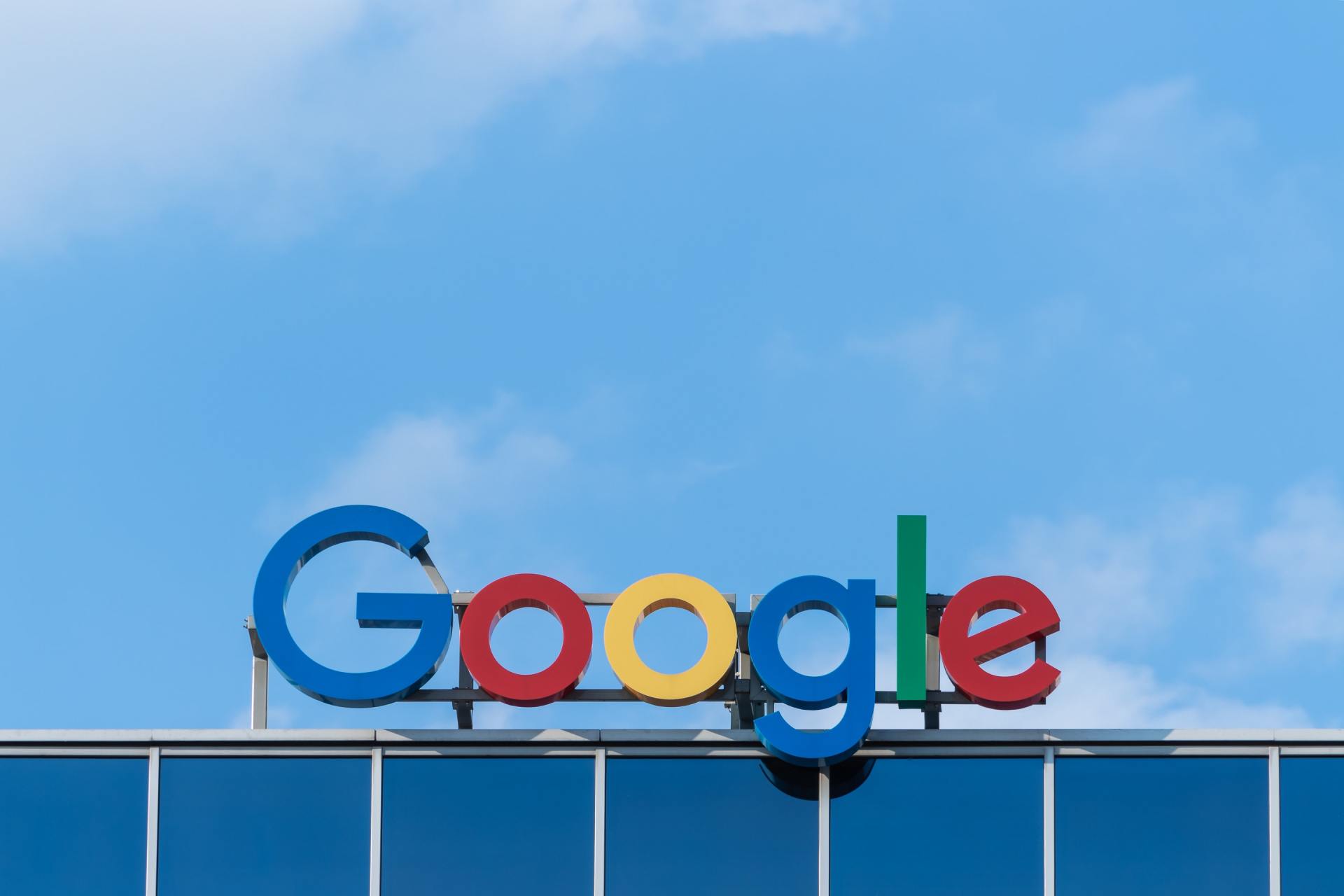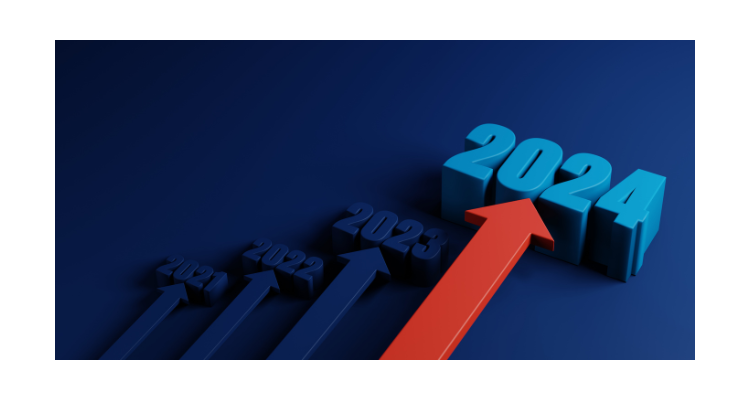CALL US TODAY! (404) 850-8333
What Is A Google Penalty
What is a Google Penalty and How to Recognize It?
Do you feel that optimizing your website with Google is very frustrating? You aren’t alone. A recent survey found that 83% of businesses feel that SEO is challenging.
The truth is that Google uses a very complex algorithm that relies on numerous ranking factors. As a result, many businesses have difficulty optimizing their website properly.
Many companies have been penalized for over-optimizing their website or making other mistakes. Google is vigilant about stopping companies that appear to manipulate their rankings. It often penalizes companies that use unnatural linking, excessive keyword optimization, link cloaking and other suspicious strategies. As a webmaster, you should know what Google penalties are. Unfortunately, sometimes innocent websites make mistakes and are penalized as well. You will want to take corrective action if you have been penalized.
Signs of a Google Penalty
You will want to constantly monitor your website to make sure that you are in Google’s good graces. Here are some signs that you may have suffered from a Google penalty:
Sudden drop in Google traffic.
You can see if your site is penalized by monitoring your traffic from Google. Data from Searchmetrics showed Expedia recently experienced a 25% decline in its search traffic in the course of a week . Analysts found that the penalty likely occurred because the firm may have paid for links.
Another website called Rap Genius lost 90% of its traffic from Google overnight. This site was penalized because it was using its affiliate program to unnaturally build links.
Noticeable Drop in Rankings
There will always be some variability in rankings over time. However, if you notice that your rankings drop considerably then you have likely been penalized.
You should monitor a number of keywords to see how your rankings have changed. Your rankings for a couple keywords may have dropped slightly in the SERPs because some of your competitors improved their SEO, rather than because your own site was penalized. You should be more concerned if most of your keywords have dropped significantly.
The biggest sign that you have been penalized is that you are no longer ranking for your own name. This is exactly what happened to My Blog Guest a month ago. Matt Cutts announced that the site had been penalized and people searching for it found that it no longer ranked anywhere in the top 100 pages. Many sites that were members of the My Blog Guest network noticed the same thing, but some of those penalties were overturned when members deleted some of the unnatural links on their website.
Check Google Webmaster Tools
You should have an account on Google Webmaster Tools. You can click the “Manual Actions” bar to see if your site was manually reviewed for spam. Google will indicate if your site may been penalized, by stating something such as “there are unnatural links coming from your website.” It is always a good idea to resolve any problems that Google has raised.
Causes of a Penalty
There are a number of reasons that your site may have been penalized. Here are some of the common penalties that you will want to be aware of, based on a list we found from Kiss Metrics .
Potential Onsite Problems
- Overuse of keywords . Keywords should be used naturally in your copy, headings and other page elements.
- Excessive use of headers . Google pays close attention to headers (particularly h1 and h2 tags). However, your site may be penalized if you use them too much, especially if you use your keywords excessively.
- Broken links. You should make sure that all links on your site direct to a functioning web page. You will want to remove any links that appear to be broken or redirect them to a 404 page.
- Links that appear to be used to manipulate pagerank . You may be penalized if it appears that you are building excessive links to manipulate your site’s pagerank. Links in your footer can be a red flag. Linking to your homepage from every other page on the site could also result in a penalty.
- Unnatural links . You should only link to resources that are relevant to the webpage they are on. If you do link to unrelated pages then you should add the nofollow tag to the link.
- Cloaking . You should never present a different version of your webpage to Google and your readers. Adding links or text that can only be seen by the search engine crawlers is a sure way to get yourself penalized or banned.
- Selling links that pass pagerank. Never sell links that could manipulate the search engine rankings. Links used for advertising purposes should always have the nofollow tag added.
- Duplicate content across your own site . You want to avoid using the same content on multiple pages on your own site as much as possible.
- Scraped content from other sites. You can use content from other sites if you have permission to post and link to the original source. Failure to do so can get your site penalized or even blacklisted.
- Sitewide links. Sitewide links (such as those in your blogroll) look unnatural to Google and should generally be avoided or nofollowed.
- Overuse of meta keywords. Google doesn’t put a lot of emphasis on meta keywords these days, but you can still be penalized if you use them too liberally.
- Slow loading times. Google will have difficulty crawling your page if your page loads too slowly. Make sure that you monitor your loading speeds regularly.
- Links to bad neighborhood sites. Always be careful about the types of sites that you link to.
- Poorly optimized for mobile devices. Your site may be penalized if it isn’t well optimized for all devices.
- Using poorly written or spun content. Google is cracking down on sites that use poorly written and spun content. Suite101, Ehow and many other big sites were heavily penalized when Google Panda was rolled out.
- Using a flipped domain name with a bad reputation . Your site may be penalized if your domain was used by another company that engaged in shady linkbuilding tactics or other black hat SEO strategies.
- Excessive outbound links . Your site can also be penalized if you have too many links on any given page. There is no hard and fast rule for this, but you want to make sure that the number of links makes sense for the amount of content that you use.
- Too few outbound links. You can also be penalized if you use too few outbound links. Google tends to reward sites that provide useful resources to their readers.
Offsite Factors
- Building excessive keyword links . You need to make sure that the anchor texts in your backlinks looks natural. Your site may be penalized if you are using keyword optimized links more than 20% of the time.
- Paying for links. Paying for links is clearly against Google’s guidelines and likely to result in a penalty if you are caught.
- Using blog directories. Blog directories are commonly used to manipulate search engine rankings as well. Many sites that used them have been penalized.
- Participating in unnatural link exchanges . Link exchanges aren’t always bad, but you should be very careful with them. Don’t rely on them too heavily and make sure that they look natural.
- Building links from low quality domains. You need to make sure that links come from high quality websites, such as those that have been deindexed or do not manually review user generated content. You should request that these links be nofollowed. If the publisher doesn’t nofollow them, it is a good idea to have them disavowed through Google.
- Using anchor text with controversial keywords . You should choose keywords very carefully when performing any linkbuilding. Keywords related to payday loans and pharmacies are among those that Google penalizes, but even other topics can result in a penalty.
- Using low quality content for backlinking purposes. You also want to make sure that you don’t use poorly written content to build backlinks. Backlinks from pages with spun or duplicate content is especially likely to result in a penalty.
- Building links too quickly. Building links too quickly can cause your site to end up being sandboxed or even banned.
- Building unnatural links . You want to make sure that your backlinks come from related sources. For example, if your website is about fitness then you will want to avoid building backlinks from a website about banking.
- Using automated tools to build links. Using black hat tools to build links is a surefire way to be penalized or banned.
What Does a Penalty Really Mean?
It can be easy to tell that your website has been penalized. However, it isn’t always easy to figure out why. You will want to analyze your site carefully and avoid jumping to any conclusions. Otherwise, you could end up making changes that could actually harm your SEO (i.e. removing a backlink that is actually helping your site when the problem is an onpage factor).
Matt Cutts states that there are hundreds of factors that affect search engine rankings. It is important to understand the entire ranking system before trying to make changes after you have been penalized.
LOCATIONS
CORPORATE OFFICE / MAILING ADDRESS
131 PROMINENCE CT. STE 210,
DAWSONVILLE, GA 30534
CUMMING SEO OFFICE:
410 PEACHTREE PARKWAY, BUILDING 400 SUITE 4245 CUMMING, GA 30041
Phone: 404-850-8333
ATLANTA SEO OFFICE:
1155 MT. VERNON HIGHWAY NE, SUITE 800,
ATLANTA, GA 30338
Phone: 678-820-7407
ALPHARETTA SEO OFFICE
5815 Windward Pkwy, Ste302
Alpharetta, GA.
Phone: 404-923-0015
ALSO PROVIDING:
QUICK LINKS
All Rights Reserved | Click Ready Marketing





